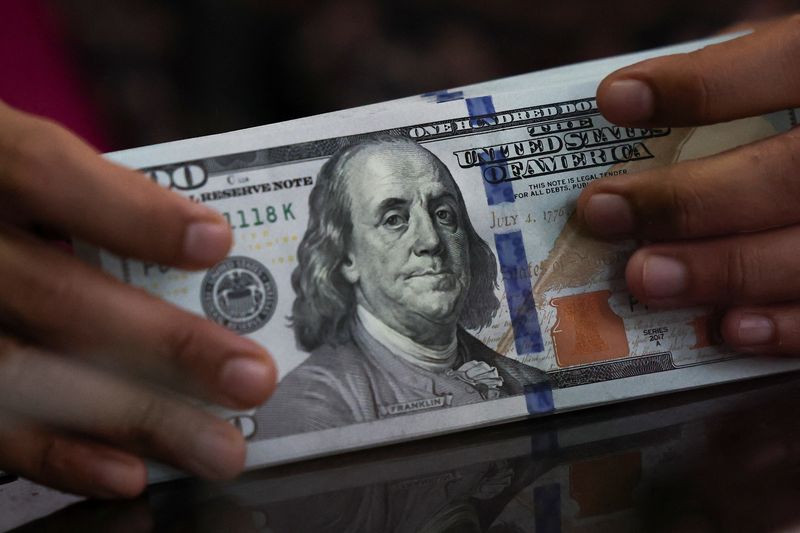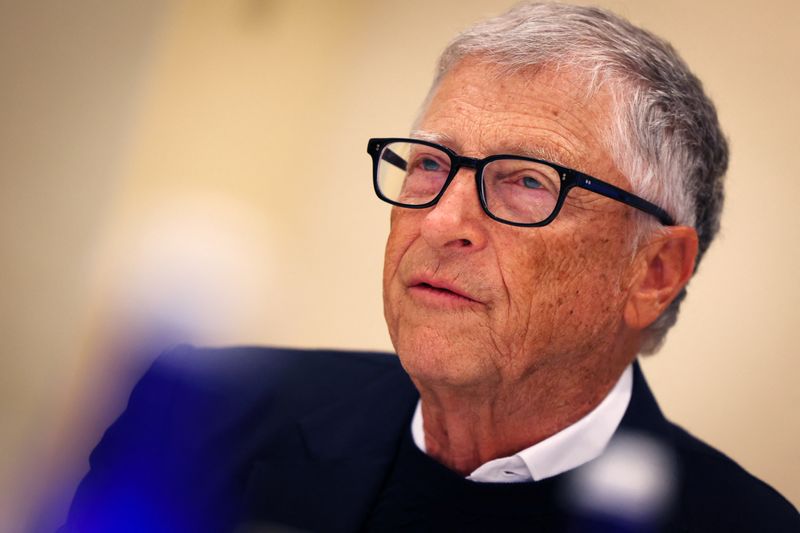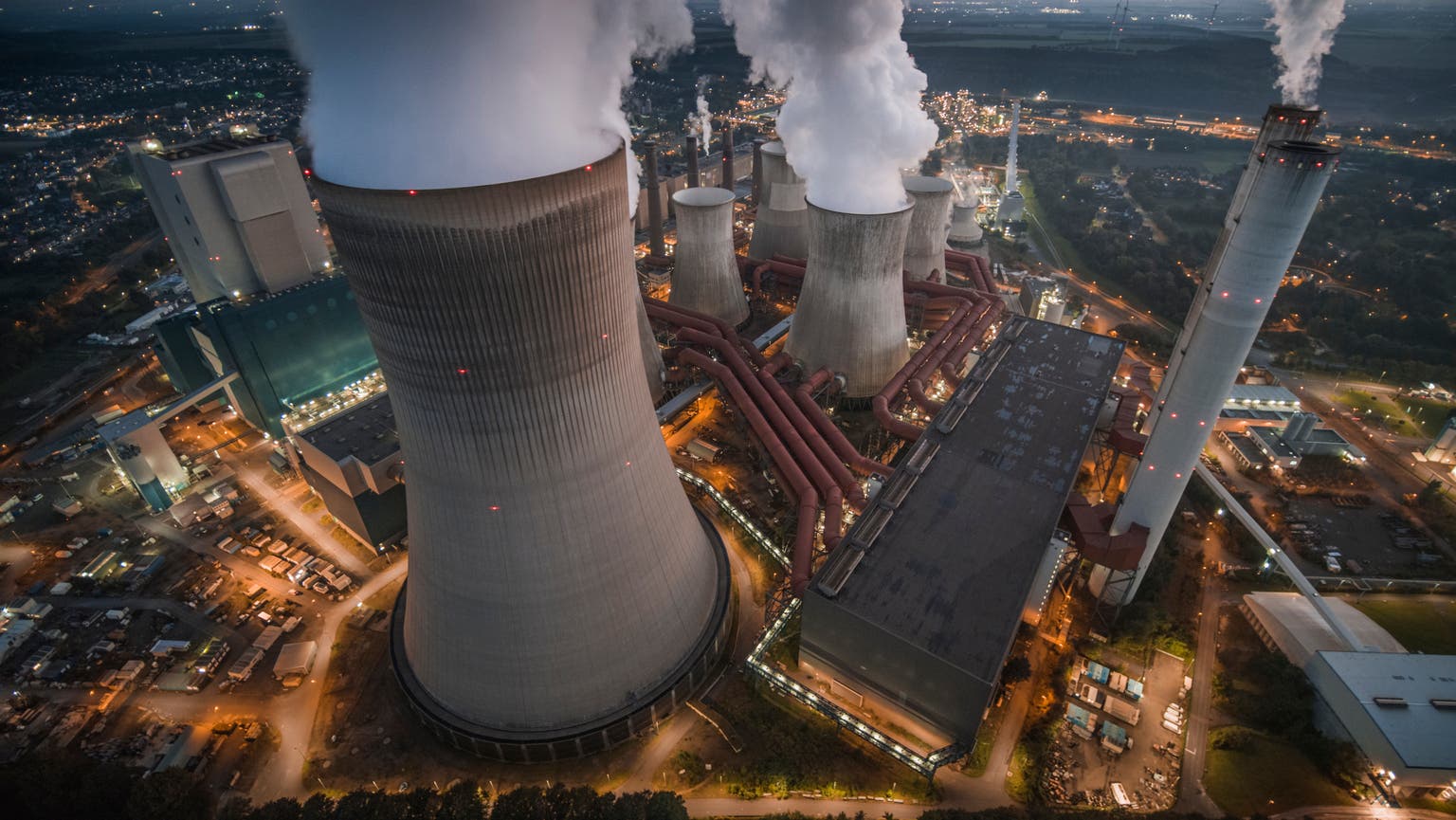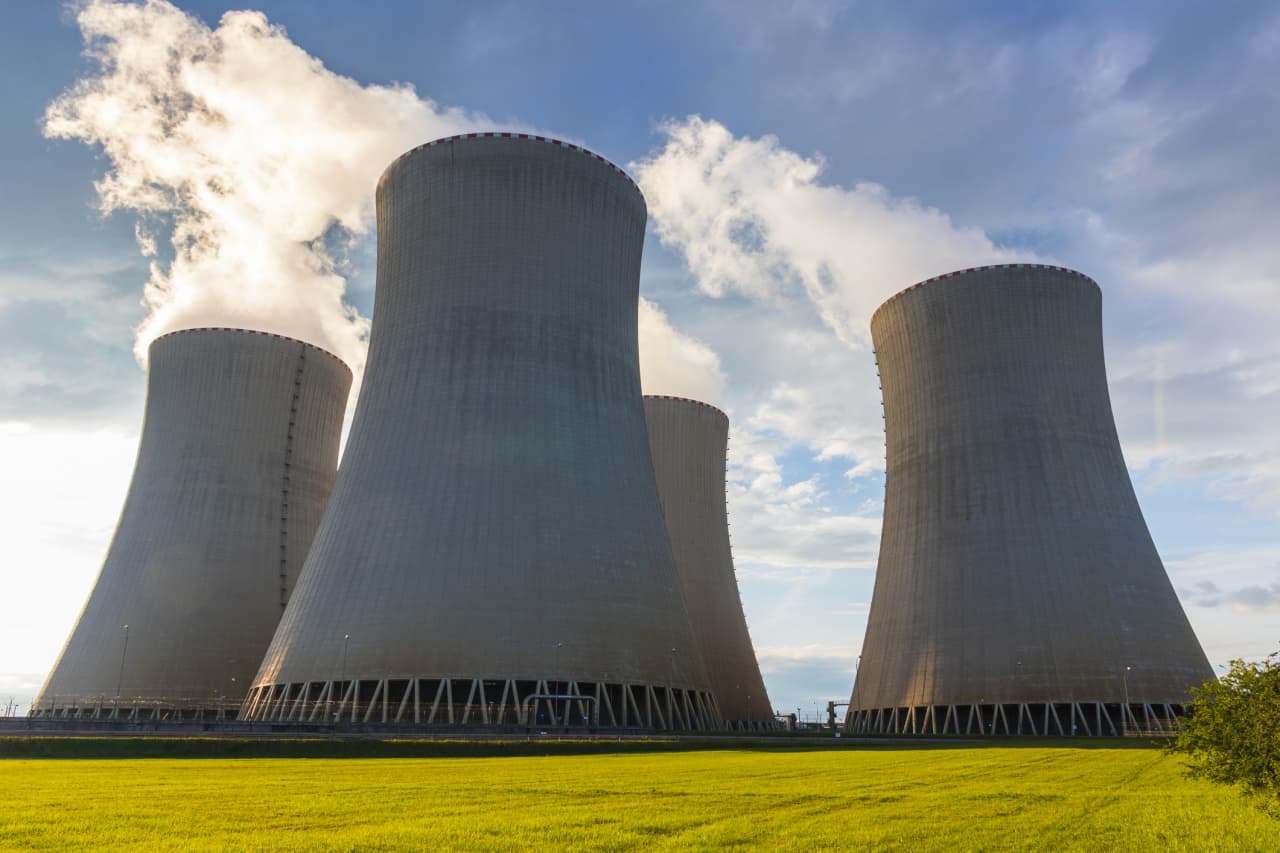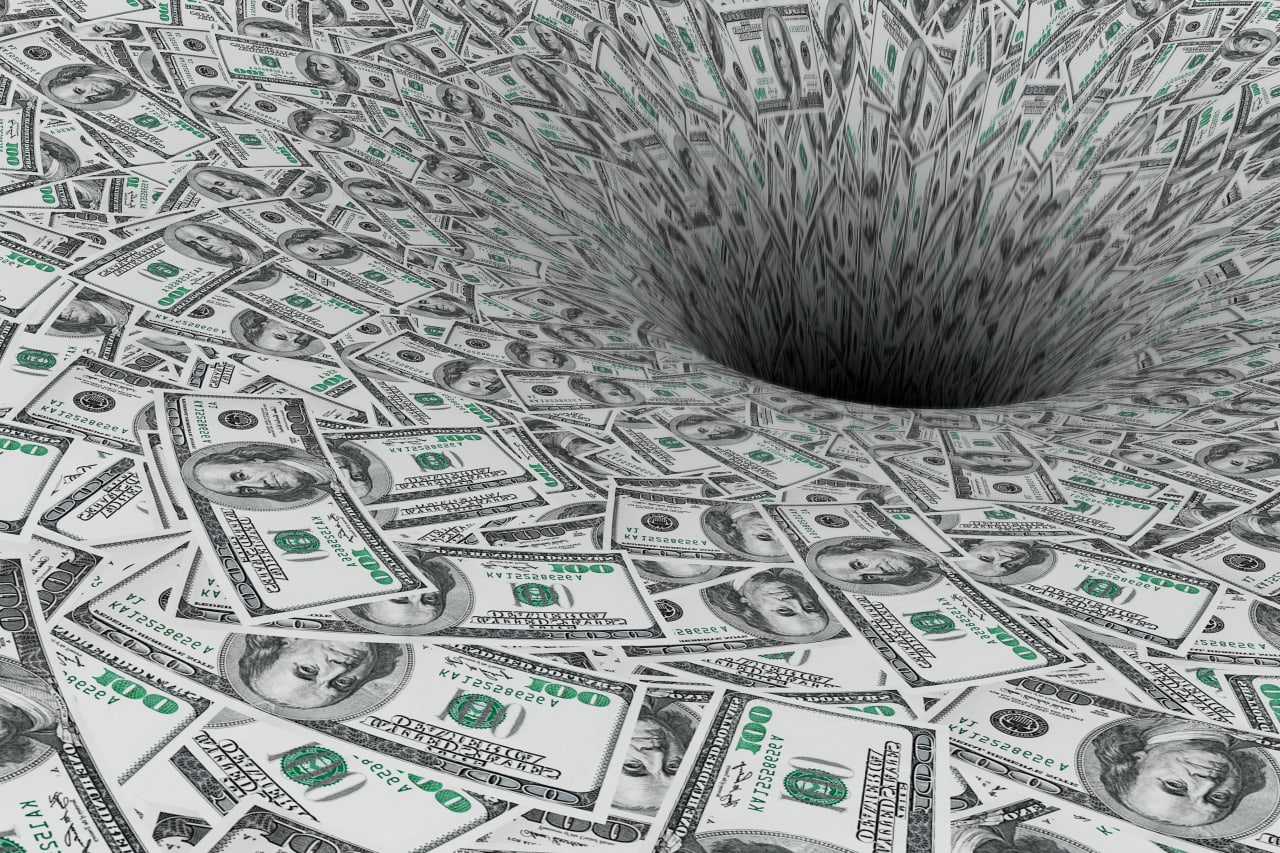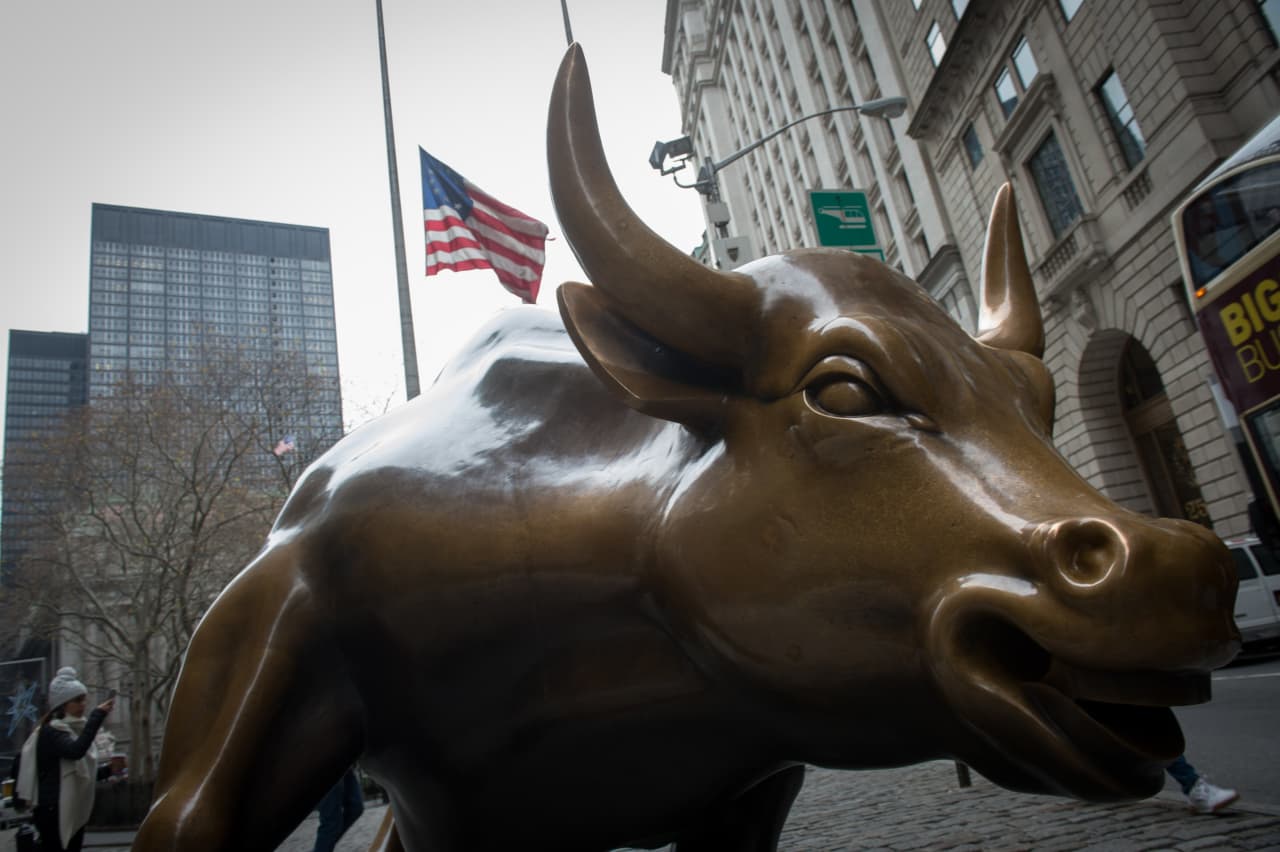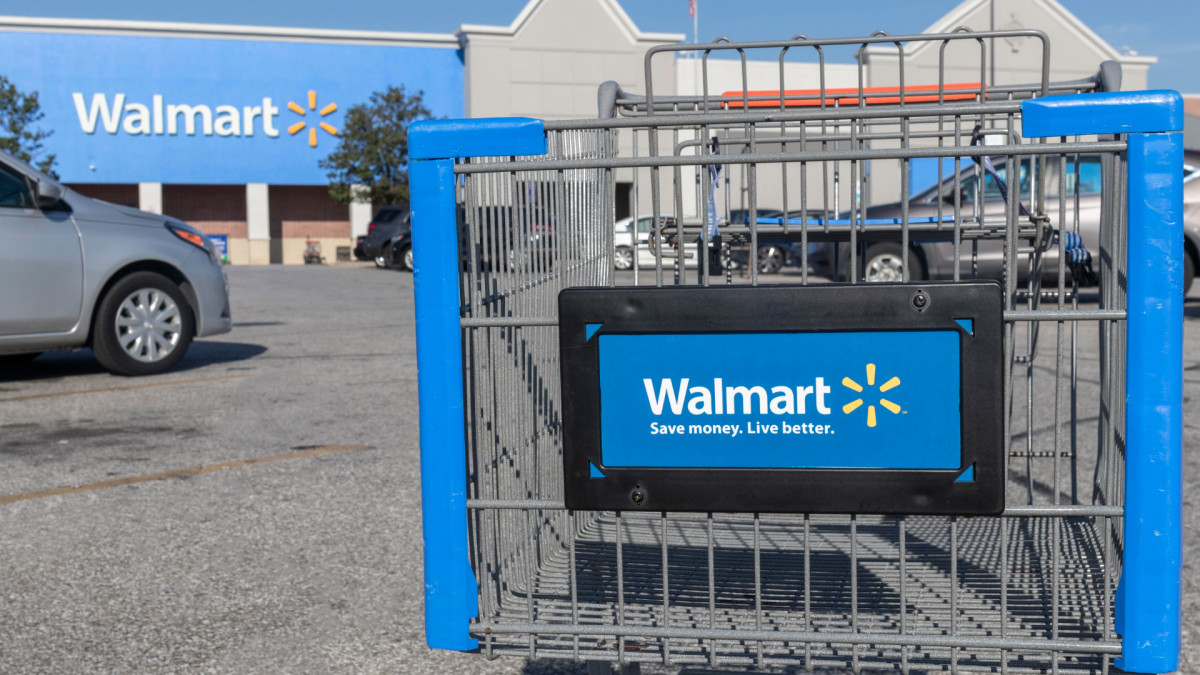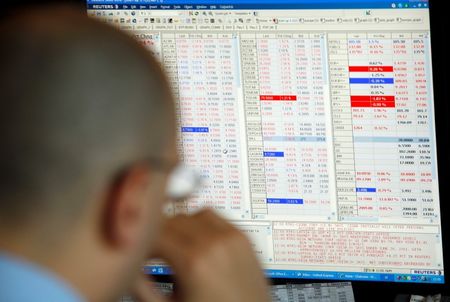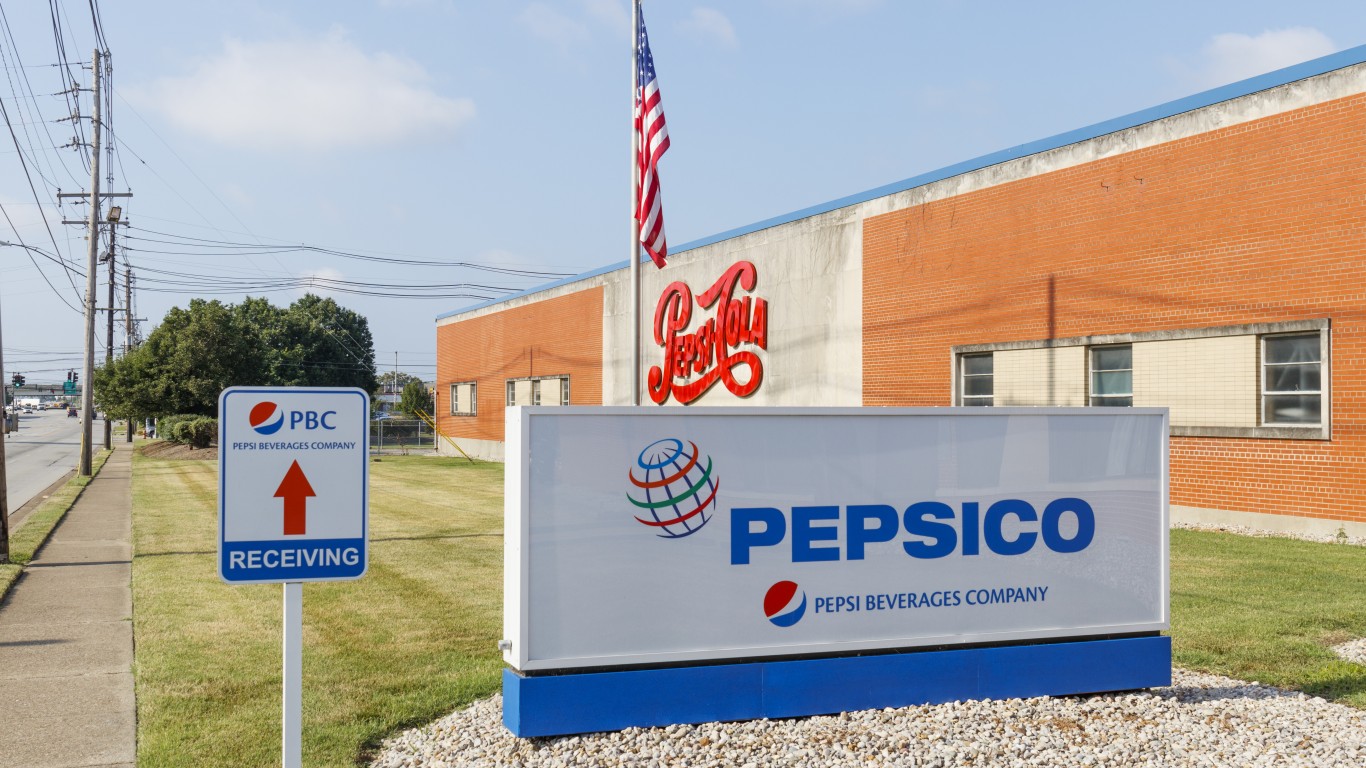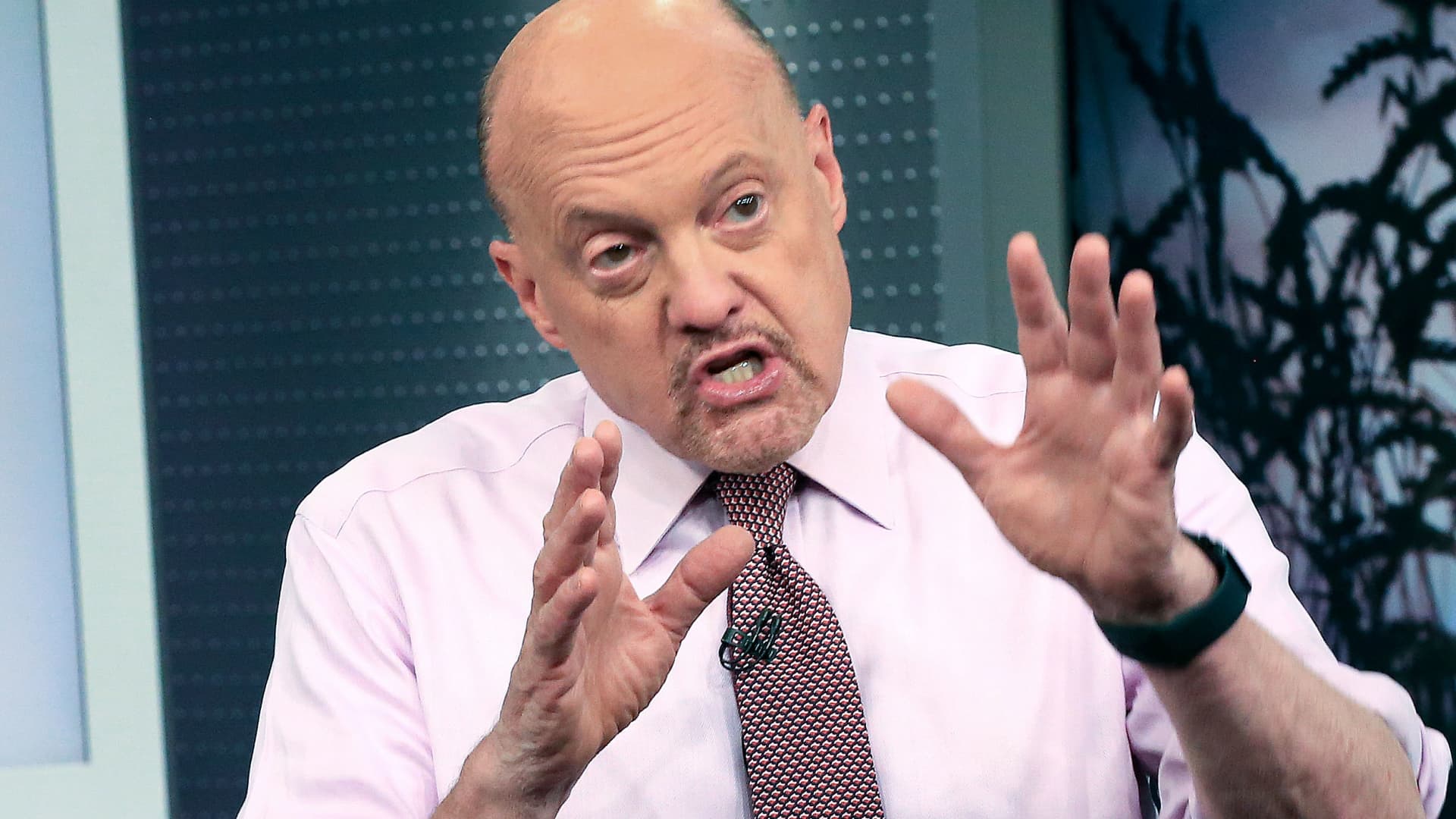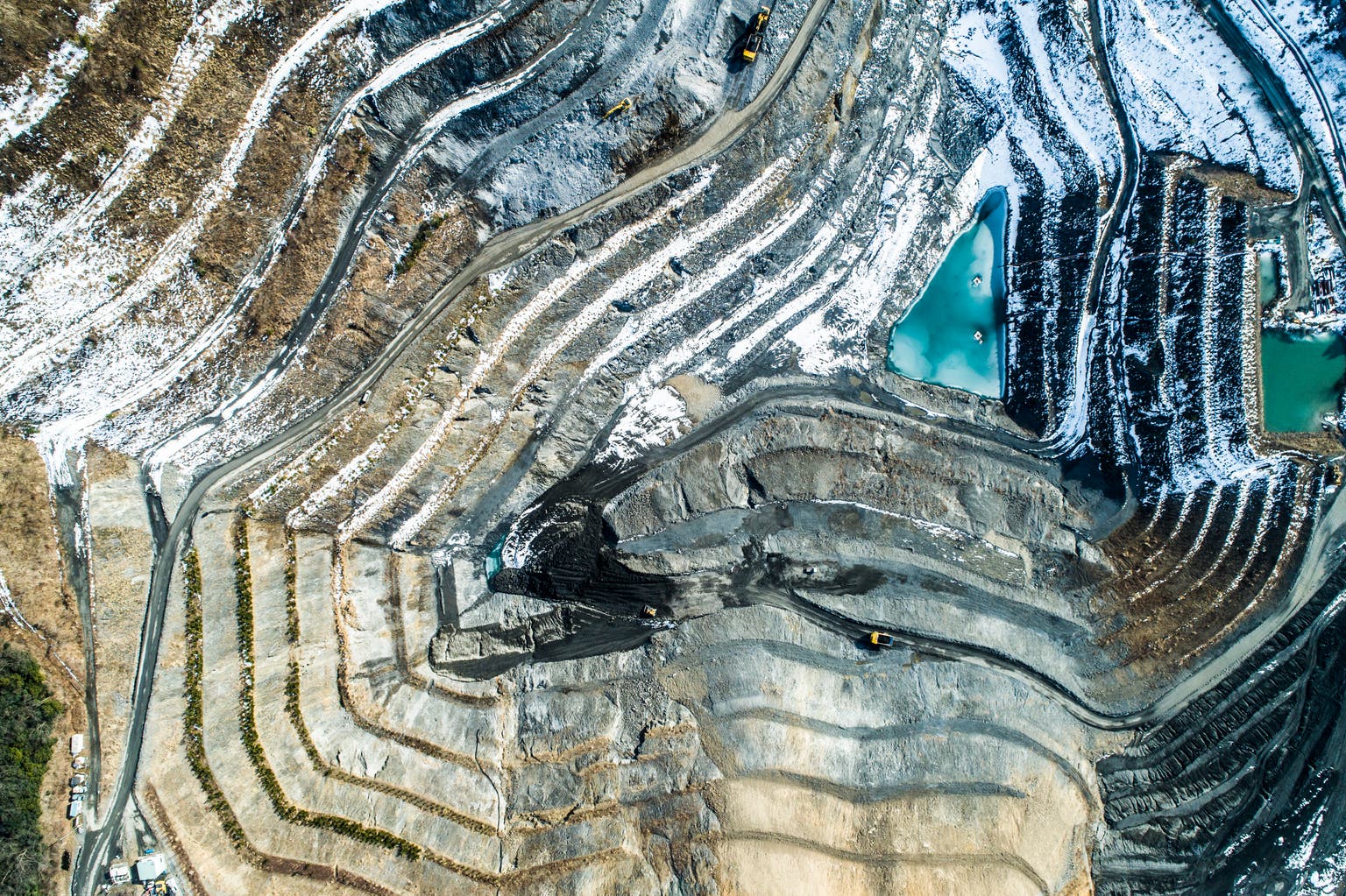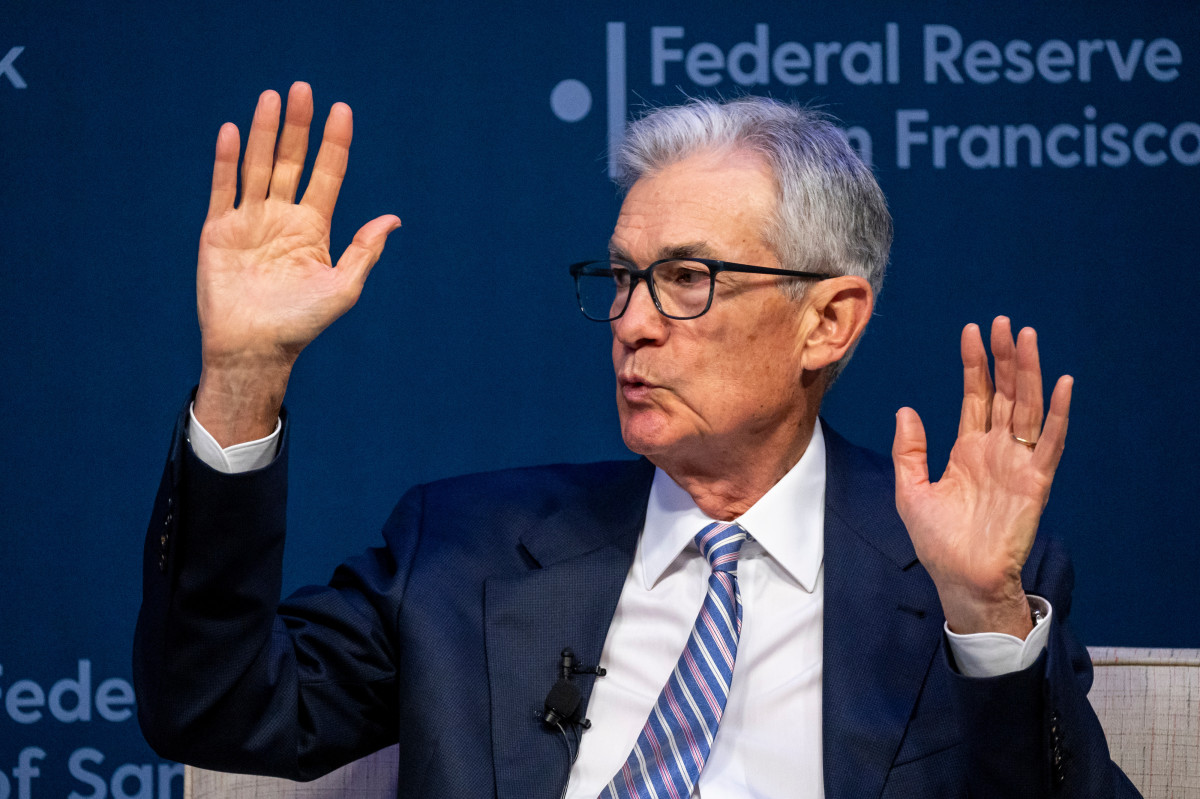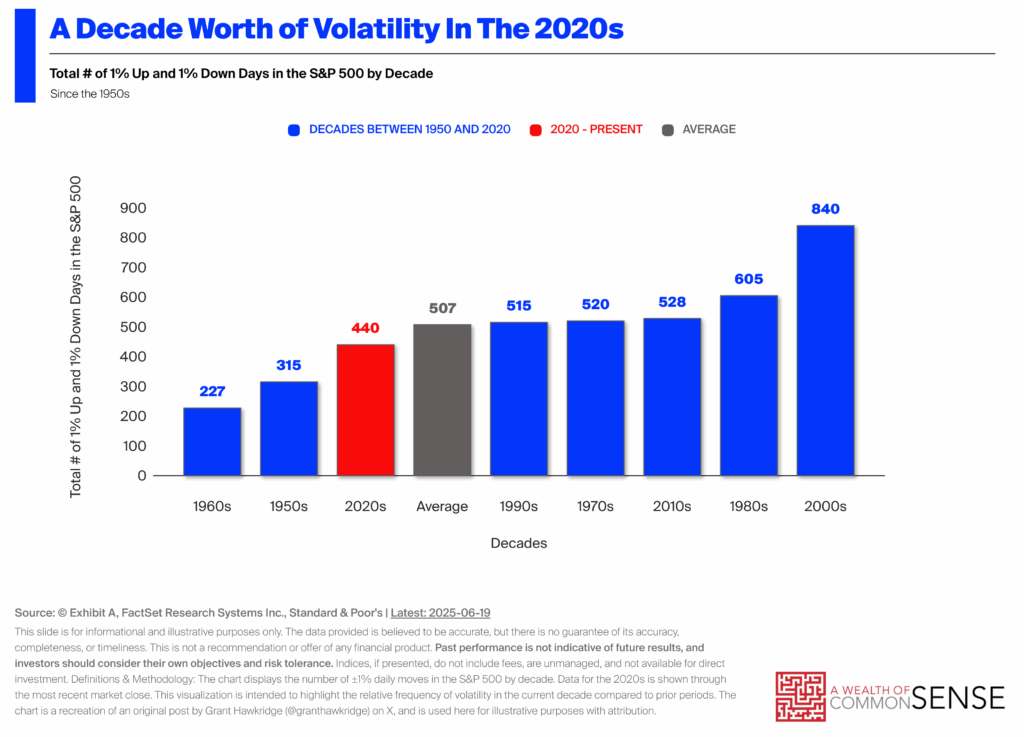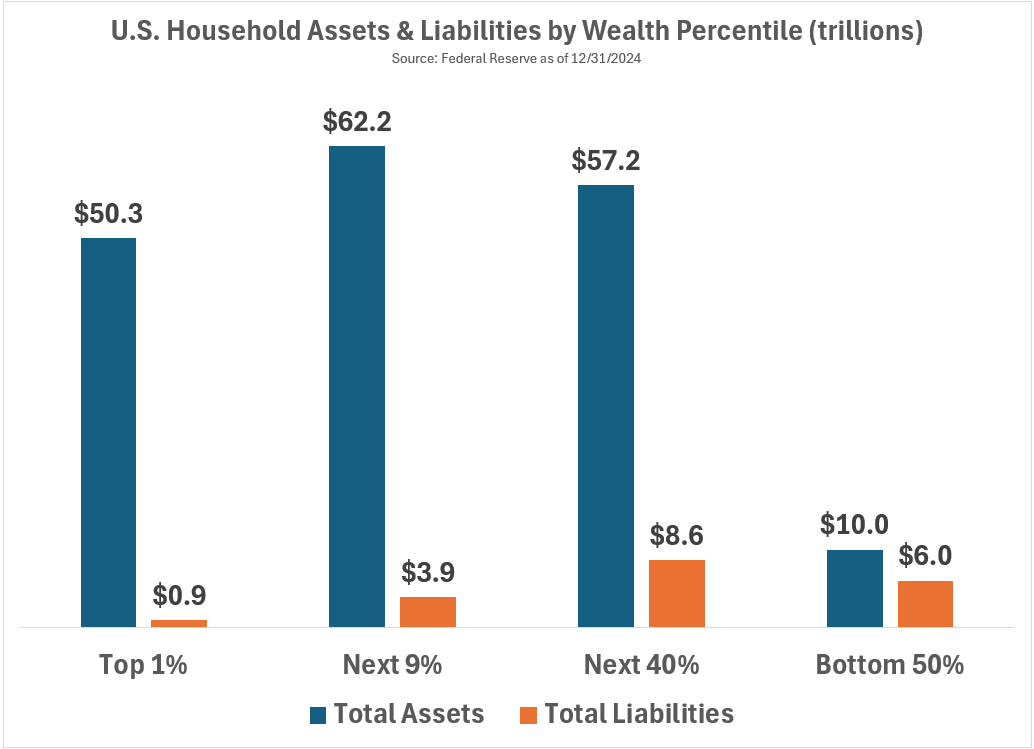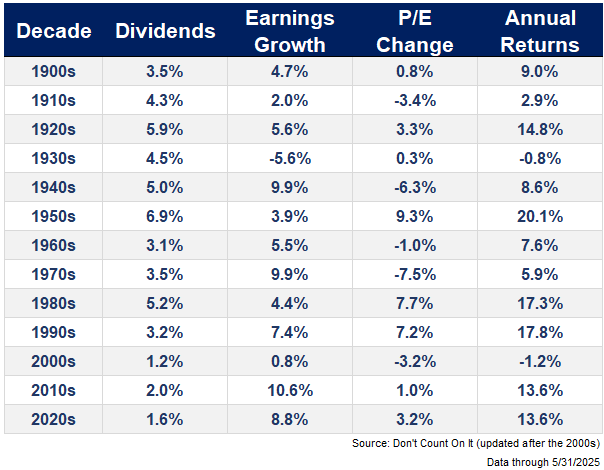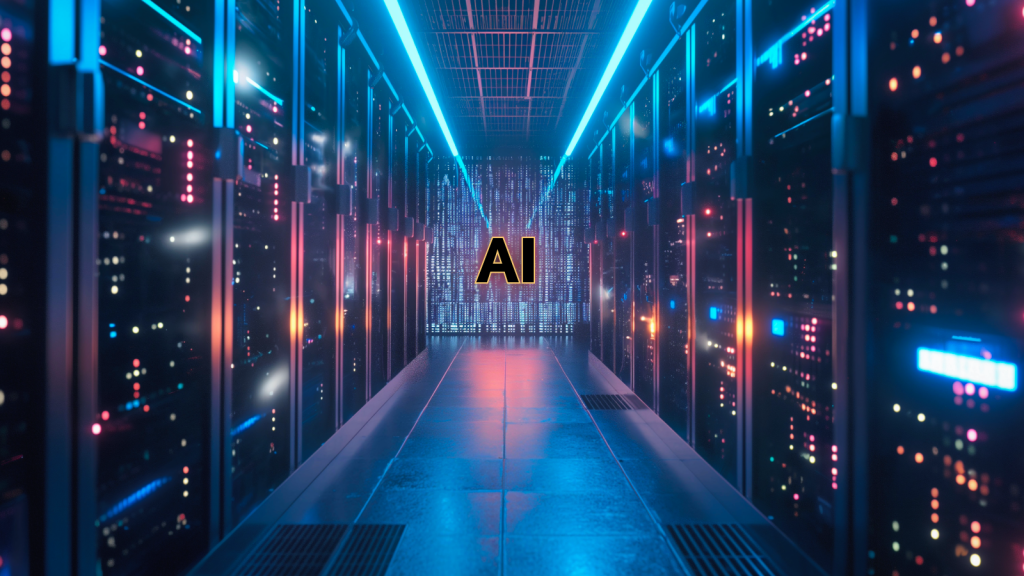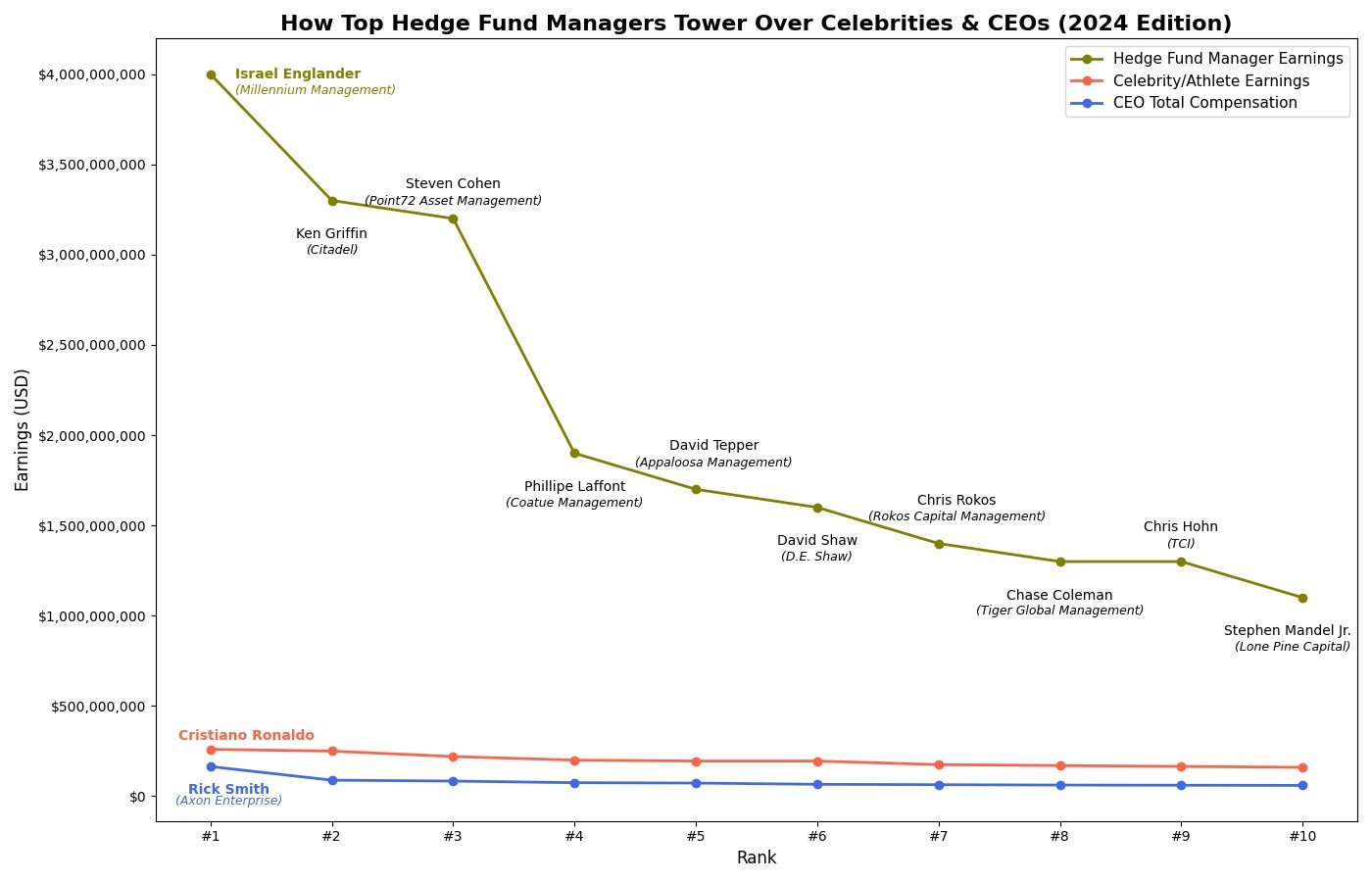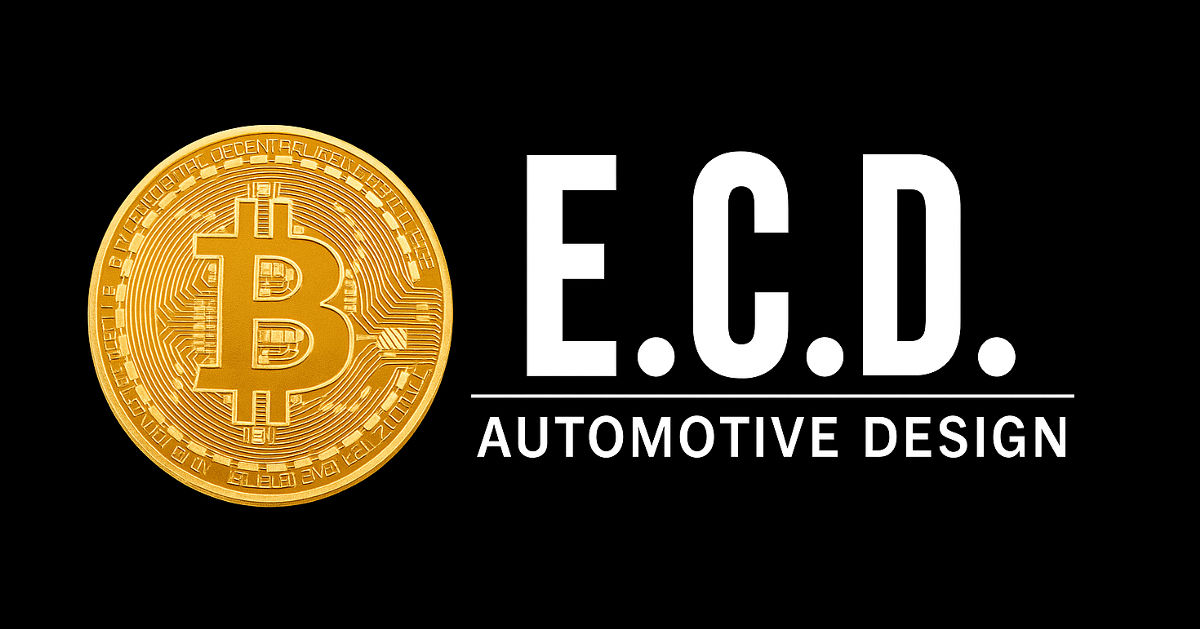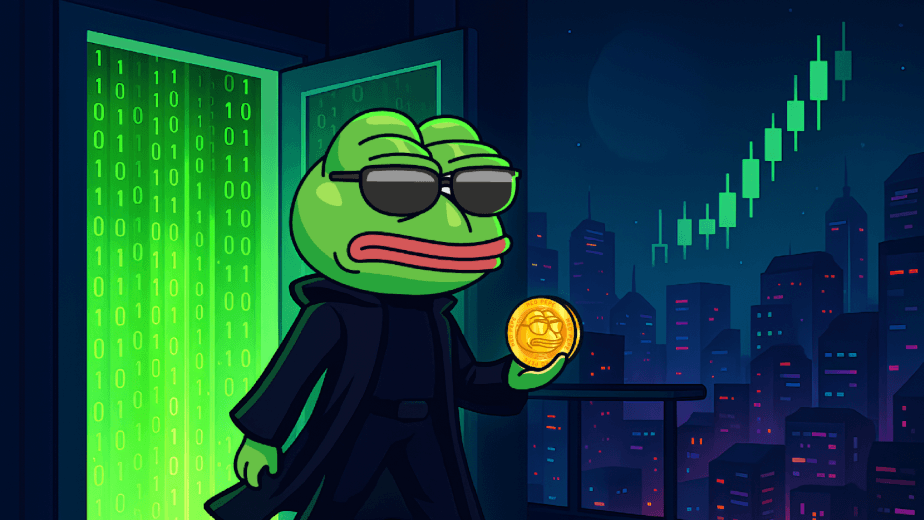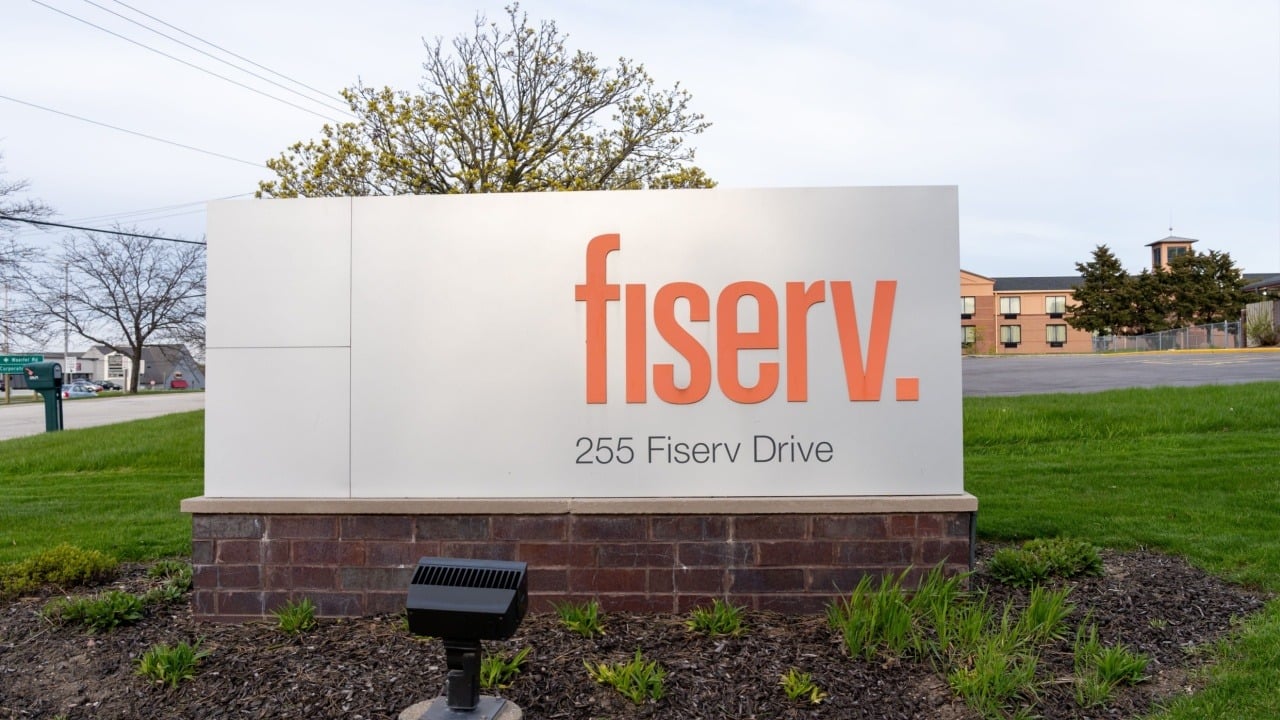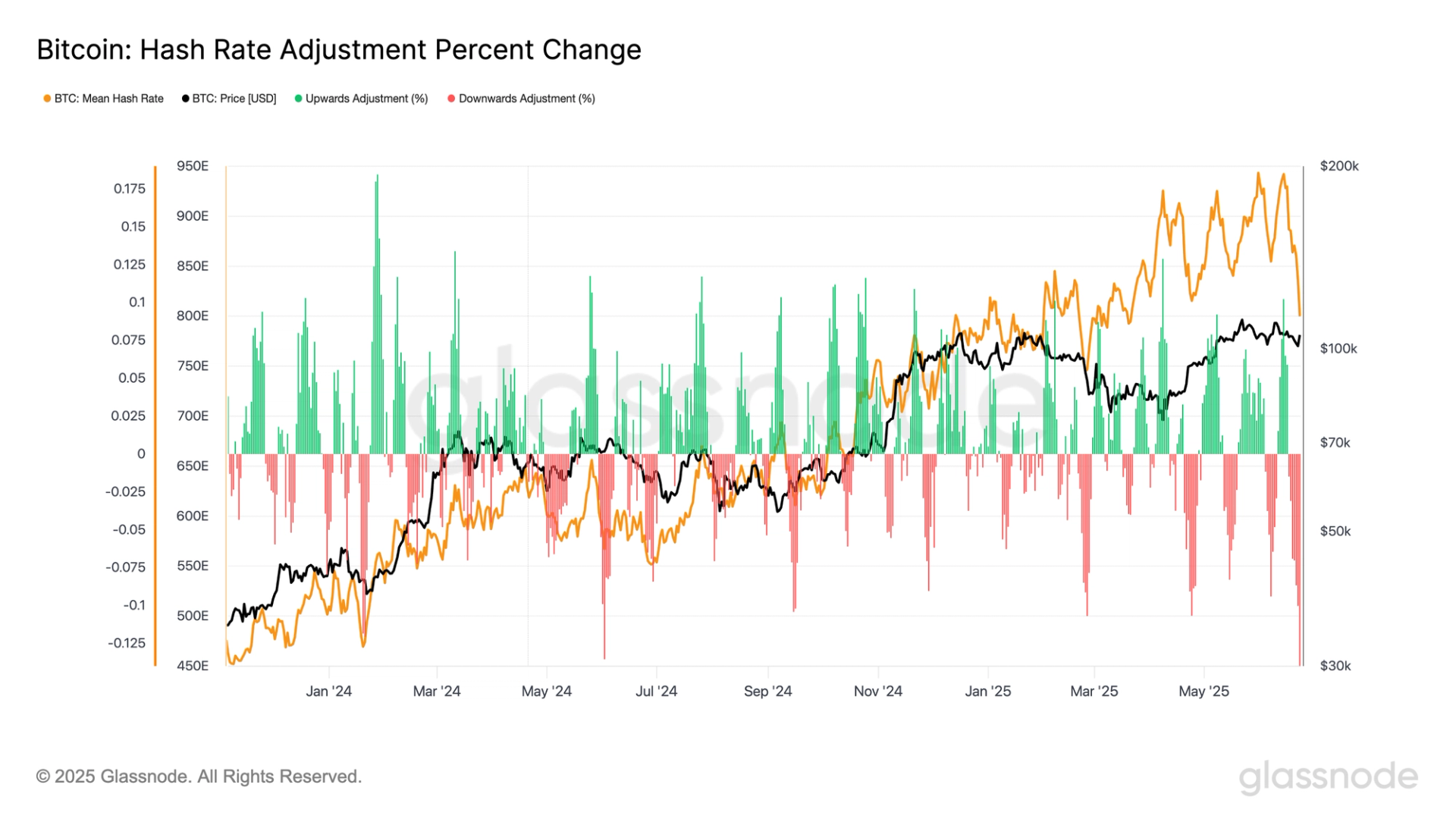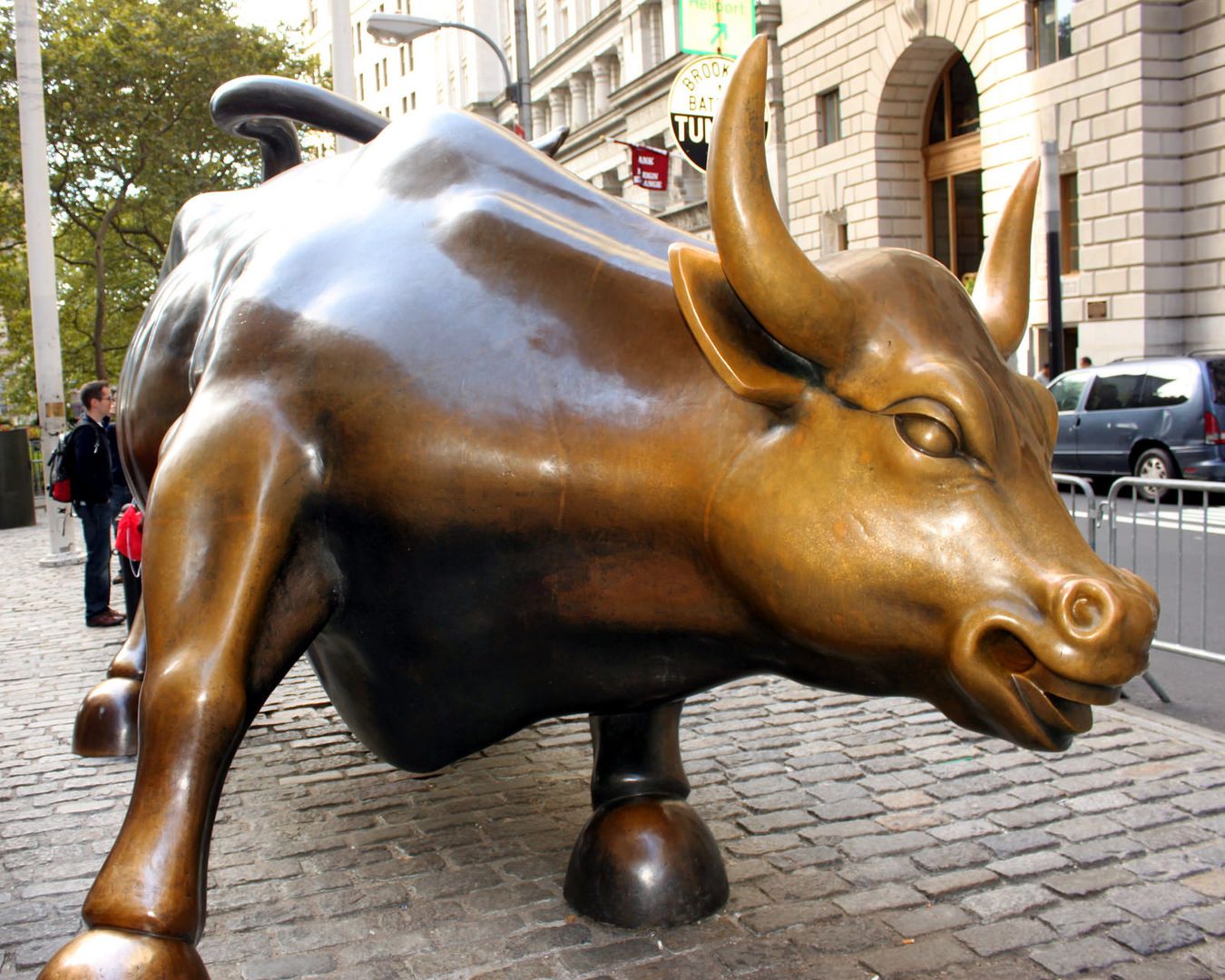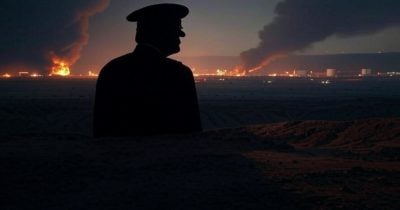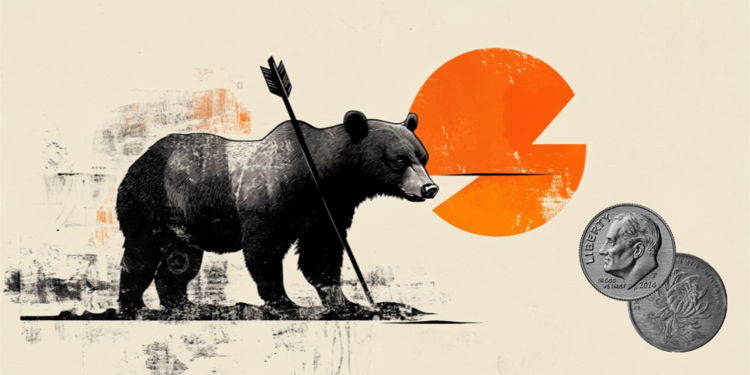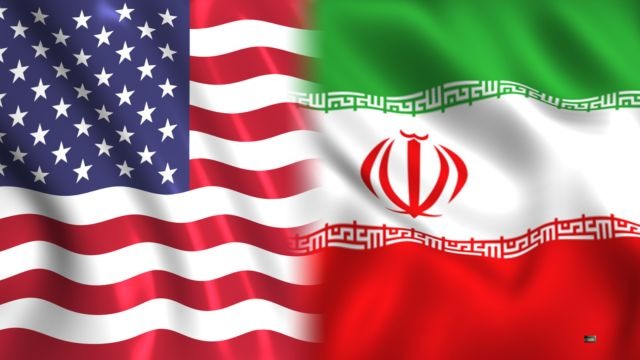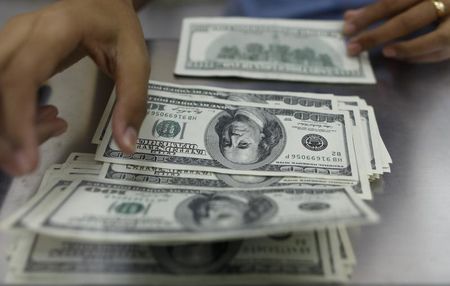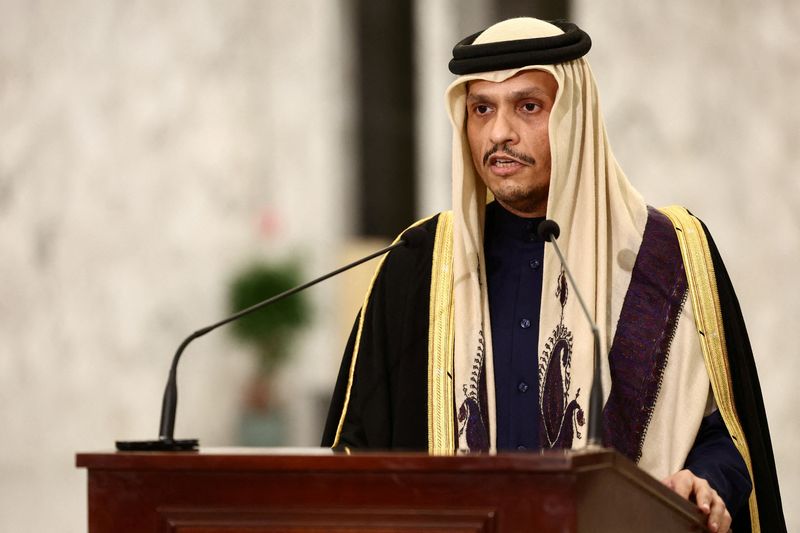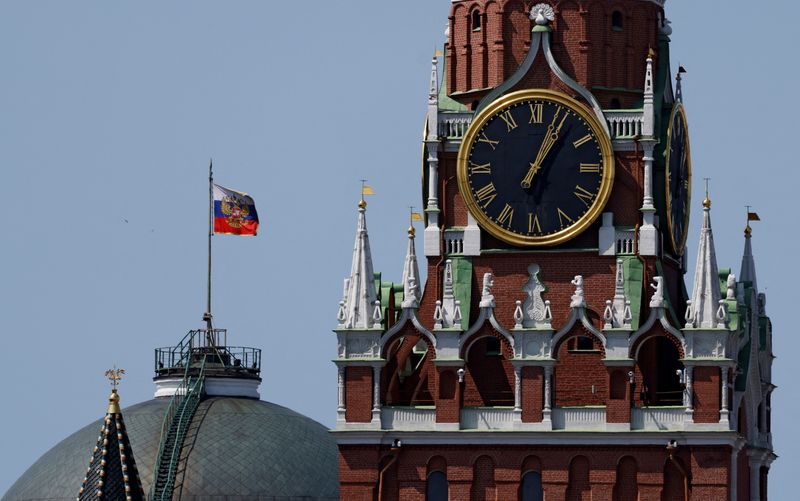TV and movies are so expensive to produce not even AI will make a significant financial difference—and the streaming wars are to blame
Content production experts warn AI might not help lower the costs of making television and movies.

- Despite rapid advances in AI tools, experts say the technology is unlikely to transform the film and TV industry overnight due to rising production costs fueled by streaming wars. Industry veterans say while AI can enhance efficiency and support creative processes, it can’t solve the core financial pressures of creating high-quality content. For now, AI remains a promising but limited tool, they say.
As artificial intelligence grows more sophisticated every day, its use cases are becoming innumerable. And with Google’s new video-generation tool Veo, content creation could get easier and more accessible than ever.
But despite the potency of new AI-powered video and content generation tools, film and television experts aren’t holding their breath the technology will completely upend the industry. While AI can increase efficiencies for television and film producers, content creation in this industry has grown incredibly expensive thanks to streaming wars—and even AI can’t fix that.
“Content’s squeezed right now, and it takes a lot of money to create great content. If you’re doing traditional film- and TV-length content at a high production value, it’s expensive, it’s getting more expensive,” Kevin Mayer, a former Disney executive, told Yahoo Finance’s “Opening Bid” podcast last week. “You can’t really depend on AI too much.”
The reason the cost of content has risen so dramatically is the streaming wars—the battle between Netflix, Amazon, Apple TV, Disney, Warner Bros. Discovery, and more—according to Jennifer Turner, a former executive vice president of TriStar Television for Sony Pictures Television.
During her time there, she managed the development and production of new premium television series for cable and streaming platforms. Over her career, she worked on hit shows like Grey’s Anatomy, Desperate Housewives, Lost, Friday Night Lights, and The Good Doctor.
“The cost of acquiring [intellectual property], attaching talent, and the scope and scale of productions increased dramatically in service of streamers’ goal of acquiring customers,” Turner told Fortune. “It was a growth strategy. Now the focus is on profitability.”
Rob Rosenberg, former executive vice president and general counsel of Showtime Networks (a Paramount subsidiary), explained that when some of the streamers came online, they overpaid for projects to win in competitive bidding situations. This resulted in them sometimes paying 10 times the amount they could have paid to win the project.
“When a single episode of series like Lord of the Rings, Citadel, and Stranger Things started costing more than many feature films, someone should have pumped the brakes, called for a time out and reassessed whether these costs could ever deliver a [return-on-investment] that justified them,” Rosenberg said. For example, one episode of Stranger Things cost $30 million, The Wall Street Journal reported in 2022.
Yet, streaming giants like Apple keep pouring money into content knowing they could still “lose” the battle. According to a recent report from The Information, Apple has lost more than $1 billion per year by spending over $5 billion on streaming since its 2019 launch.
How AI helps film and television production, up to a point
AI has already made its mark on the television and film industry—and even indirectly received a few Oscar nominations this year. Emilia Perez and The Brutalist both used AI to alter voices, and Adrian Brody won the Academy Award for best actor even though AI perfected his Hungarian accent. The tech has also been used to reverse-age Tom Hanks and Harrison Ford, according to a BBC report.
Although AI can be used for visual and audio effects in television and film, the technology is still limited, Turner said.
“We are a ways off from AI fully replacing feature-length films,” she said.
Meanwhile, the use of AI in film and television production has been a contentious issue recently, with more than 11,000 Hollywood film and TV screenwriters going on strike in 2023 against the use of the technology in their industry.
Rosenberg emphasizes that at this point, AI is still just another tool that’s used for developing content—like CGI.
“The industry is counting on the promise of efficiencies from AI streamlining workflows and automating labor-intensive tasks, but they haven’t yet generated proofs of concept that would cause everyone to dive in,” he said.
This story was originally featured on Fortune.com






